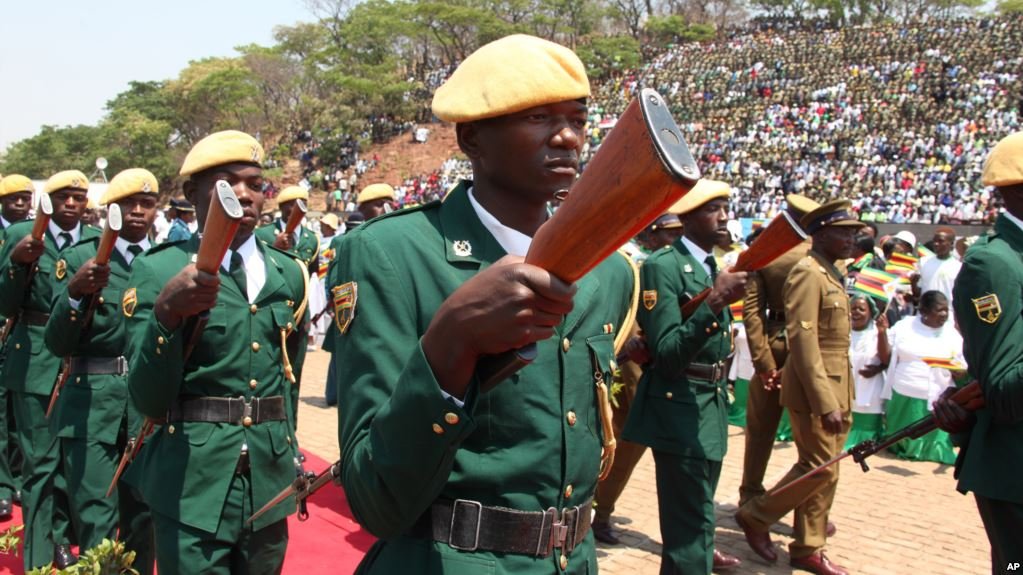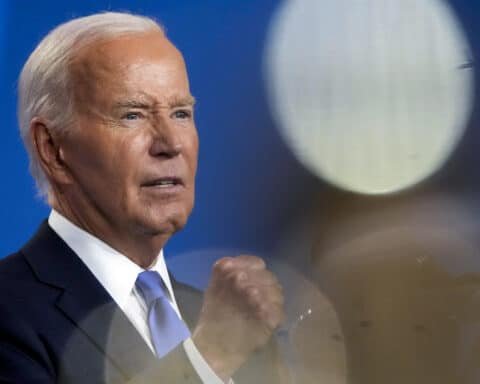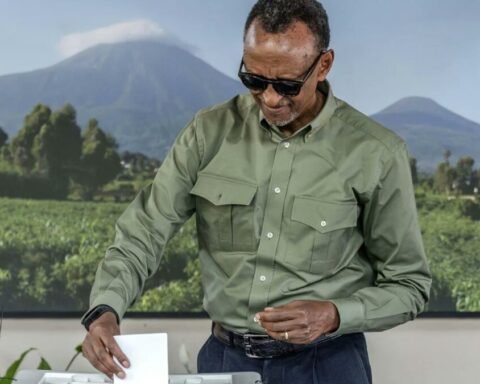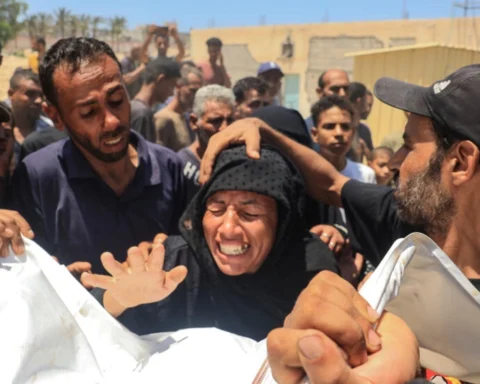In this peace I will attempt to posit a narrative which is devoid of pedantry and which many may regard as a pessimistic prognosis of the political terrain.The army has always been the major player in Zimbabwean politics after Independence. This phenomenon can be traced back to the fact that most of the army is comprised of veterans of the Zimbabwean Chimurenga who joined the army after the war.These belonged to either the Zanla or Zipra forces who fought the Smith regime.
The connection between the army and Zanupf has therefore produced a national leadership with deep roots in the armed forces.When things threatened to go haywire after independence in the early 1980s, especially in Matebeleland ,the then Prime Minister Robert Mugabe used his 5th Brigade to ruthlessly suppress a nascent rebellion, with the resultant massacre of thousands of unarmed Ndebele civilians in what has been termed the Gukurahundi massacre.
Throughout his reign Mugabe relied heavily on the army and had an organ called the Joint Operations Command which comprised of the country’s security services and which met regularly to map out ways to deal with dissent. It is said this group even steered government policy on a wide range of matters pertaining to the running of the state. It is this group which is also said to have “stolen” the elections in 2008 in which opposition leader Morgan Tsvangirai is believed to have trounced Mugabe heavily.
Thus the presence of the army in the politics of the country has been a very crucial one in respect of who its leader is. The late powerful Army Commander ,General Solomon Mujuru who died in mysterious circumstances was called “the kingmaker”. It is believed he had grown tired of the increasingly elderly and erratic Robert Mugabe and was toying with the idea of bringing in a fresher face to the post.His replacement, the now retired General Chiwenga and current Vice President took it even further and managed to dislodge the nonagenarian from power after 37 years.He has very strong connections with the person who took over, Emmerson Mnangagwa who has been Defence Minister for the country at various times in his lifelong tenure as a Cabinet Minister in Mugabe’s government.Their connection stems from the liberation struggle in which both took part as young combatants of the Zanla forces.
After the takeover by the army in 2017 they have simply tightened the grip which they already had on the state.Most of the senior civil service appointments have been made from former senior soldiers who have been retired to take over civilian posts.It had been a tradition of the Mugabe regime to appoint retired senior soldiers to important and strategic posts especially in the bankrupt parastatals as these provided a cash cow to the ruling Zanupf despite their penury.
This has now been escalated to appointing them to senior posts in cabinet.The reality is that at this juncture they have taken a stranglehold of the state and it will be difficult to untangle this nexus.The army have been known to dabble their hands in everything from mining of diamonds to the running of elections. The 2008 example given above refers. Senior army officers in Zimbabwe enjoy some of the highest perks in Zimbabwe. Apart from earning high salaries and given several government vehicles they have also been given farms where they go for weekend barbecues with their girlfriends and engage in very little real farming.
It is therefore difficult to envisage the army relinquishing all these privileges. When they removed Mugabe in November 2008 they had to be seen to be replacing him with a civilian leader to avoid the consequent sanctions that come with a coup.Mugabe’s young wife had become too powerful for their liking and was running away with their “thing”. She was also part of a faction in Zanupf which was becoming increasingly disrespectful of those liberation war veterans who comprised the majority of senior military leadership.This was demonstrated by the way in which she influenced her nonagenarian husband to sack Emmerson Mnangagwa, a man with deep connections with the army,from his post as Vice President.
Ever since the November 2017 takeover the predominantly army based Emmerson Mnangagwa regime has been struggling with issues pertaining to its legitimacy. People have been openly calling it a junta regime which seems to rankle with the officials. They have therefore called for an election to lend a semblance of legitimacy to their administration.
Vibrant and young opposition MDC leader Nelson Chamisa and his coterie of Alliance comrades, has been allowed to hold rallies countrywide without any interference or disturbance. The atmosphere is generally peaceful and people criticise openly, a far cry from the dark days of Mugabe when one had to look over their shoulder every time they wanted to say something against him.
But will the soldiers let go? That is the million dollar question. At the risk of peddling a pessimistic prognosis of my country’s future I will hazard the contention that this is a highly unlikely scenario. These hombres risked their lives in a highly dangerous operation to remove Mugabe and this they did not undertake so as to give it away after 7 months. As the king makers that they have always been, they hold the key to the outcome of the coming election.
Whatever concontion they are brewing behind the scenes it is guaranteed to retain their proxy in power at State House.e House.








